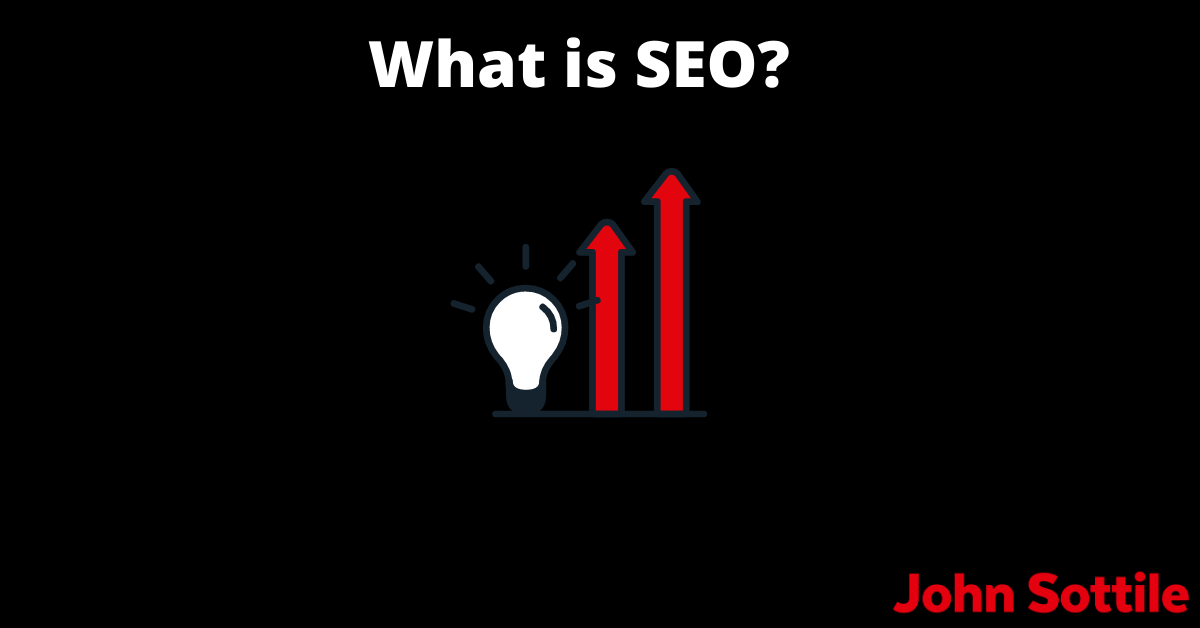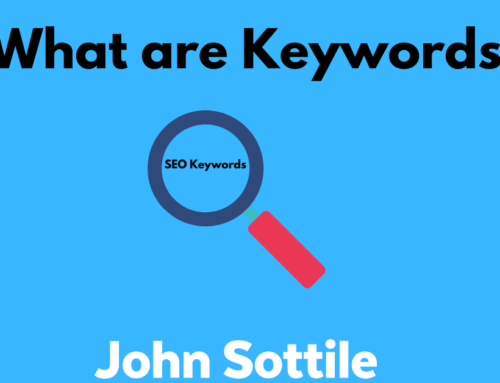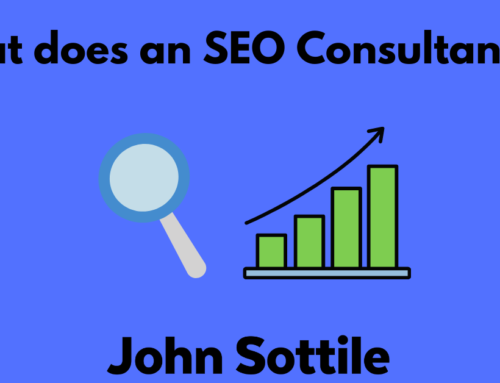What is SEO?
SEO is an acronym for search engine optimization. Search engine optimization is a digital marketing process which involves increasing the performance of your website in search engines in order to gain relevant organic traffic.
The concept is fairly simple. Rank higher in search engines such as Google, and receive a higher percentage of the traffic those terms receive. Most people typically won’t go passed the first page, so you want to make sure you can rank your website as high as possible to increase your chances of being seen.
People use Google every single day to search for businesses and services just like yours. By ignoring SEO, you’re leaving all of those customers to find all of your competitors instead.
Why is SEO important?
SEO is important because it helps level the playing field between big and small businesses. Just because a large corporation appears to have an unlimited amount of advertising resources doesn’t mean they actually know what they’re doing. In fact, there’s several large “SEO agencies” out there that barely know what they’re doing themselves.
SEO also allows you to find new ways to get creative. If your competitors are dominating a certain term, you can try to focus on long-tail versions or alternative keywords that they aren’t focusing on.
If your business could use more brand awareness, lead generation, and conversions, then SEO is something you should probably look into.
How does Google find your website?
Google puts every website that it knows about in its index. You can check if your website is indexed by searching “site:yourwebsite.com”. If your web pages show up, then that means it’s indexed. If not, then you’ll have to submit your website to Google with their search console tool.
Google deploys spider bots that search everywhere on the web and crawl the most relevant pages. In order to increase your performance in the serps, you need to focus on providing your users with relevant content that satisfies the search intent. You can also increase your chances of your website being crawled by getting more links out to your website.
What makes a website relevant?
In SEO, there’s several on-page and off-page factors that are taken into account when Google is ranking your website.
On-page SEO includes everything that you can control, including the websites title and header tags, keyword research, content, alt text, internal linking, schema markup, mobile friendliness, and website speed. All of these aspects create a smoother user experience for searchers, which is what Google wants.
Off-page SEO mostly comes down to brand awareness (PR) and link building. If people are searching for your brand or branded services, it tells Google that you’re building a real brand that people are trying to find. Link building is a content marketing process that typically involves creating a “link worthy” piece of content or asset that related websites and blogs can link out to.
White Hat SEO vs. Black Hat SEO
SEO is a long-term game. While there are still some ways you can achieve “quick wins”, these days are mostly over. You can’t start a new company called “Top SEO in New York” and expect to rank for that term day one. This is called keyword stuffing, and Google does not want their listings filled with spammy brands with no real presence in the world.
White Hat SEO
Staying true to Google’s guidelines, White Hat SEO involves optimizing your website with on-page SEO factors. By focusing on content and user accessibility, you create an optimal experience for Google users, which is what the search giant wants. You can also create linkable assets for relevant blogs, websites, and partners to link out to.
Black Hat SEO
Black hat SEO goes against Google’s guidelines. This typically involves keyword stuffing a low-quality website, and send “link blasts” to the pages and force them to rank. In some cases, these methods are still working in 2019, but these methods are not sustainable for long term SEO success. Building your own private blog network of websites who’s only purpose is to manipulate Google’s rankings is also against their terms of service. If you’re caught abusing these methods, they will slap you with a negative penalty.
How can I track my SEO progress?
Google offers free tools you can use to monitor your search rankings.
Google Analytics – Analytics allows you to monitor your progress in real time. You can view how many people are currently viewing your website, as well as how many pageviews you’ve had in the past day, week, month, or year.
You can also see which terms you’re currently ranking for. Use this data to see how your customers are finding you, and where you can make improvements to ensure that your efforts will result in more traffic and leads.
Google Search Console – Search Console is another tool provided by Google. This one allows you to request your website to be indexed by Google. It also lets you the status of your website, and whether or not there are any issues that need to be addressed.
Premium SEO Tools
Moz – Moz is an all-in-one SEO toolset that allows you to conduct keyword research, analyze your backlinks, audit your website, and track your progress. While Moz may get some backlash in the SEO community for being too “noob friendly”, they’re always working on and improving their product. Regardless of your feelings, there’s a reason they’re one of the most well known SEO brands in the industry.
SEMRush – Another premium tool that allows you to audit, research, track, and analyze your SEO efforts. You can sign up with a free account and enjoy 5 free web crawls a day with their service.
Ahrefs – This tool, in my opinion, is the best backlink analyzer on the market. You can find out the different types of links that your competitors are using to rank, and create better content and links to outrank them. Unfortunately, Ahrefs is moving away from free accounts. They do offer a 7 day trial for $7, which is definitely worth the price of admission.
Screaming Frog- Screaming Frog is a website crawler that allows you to conduct extensive technical SEO audits.
SEO – The Main Takeaway
Search engine optimization is always evolving. The methods that could be used to rank a site years ago are irrelevant now. By focusing on what’s important such as long form quality content, and building quality relevant links, you can achieve success in the search engine results page.
It’s better for businesses to stay on top of the latest SEO trends, rather than fall behind and let your competitors reap all the benefits.
Have a question about your website’s SEO?
Feel free to reach out to me through my contact form. I offer free local SEO audits for businesses that qualify. You can contact me here or find me on Twitter.
Additional Reading:
What does an SEO Consultant do?






